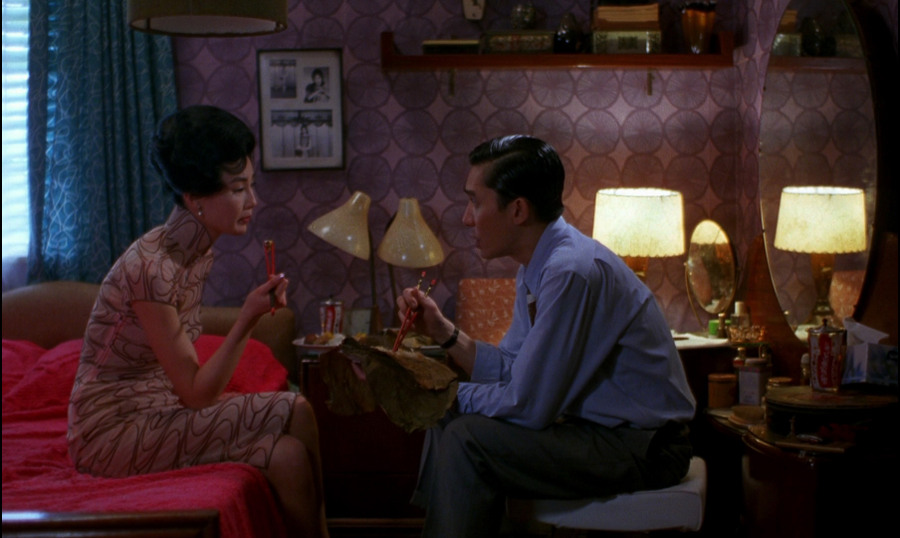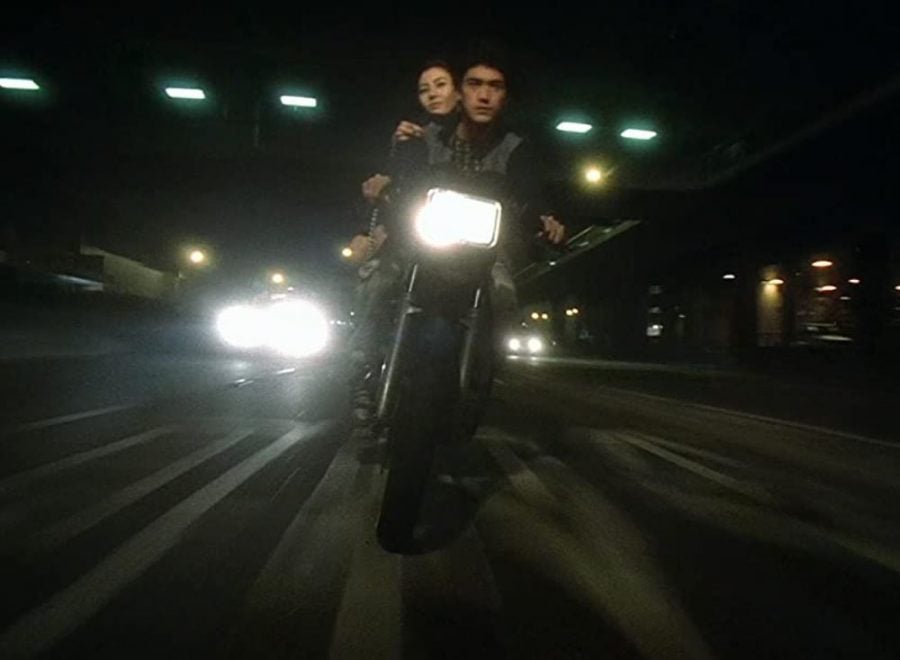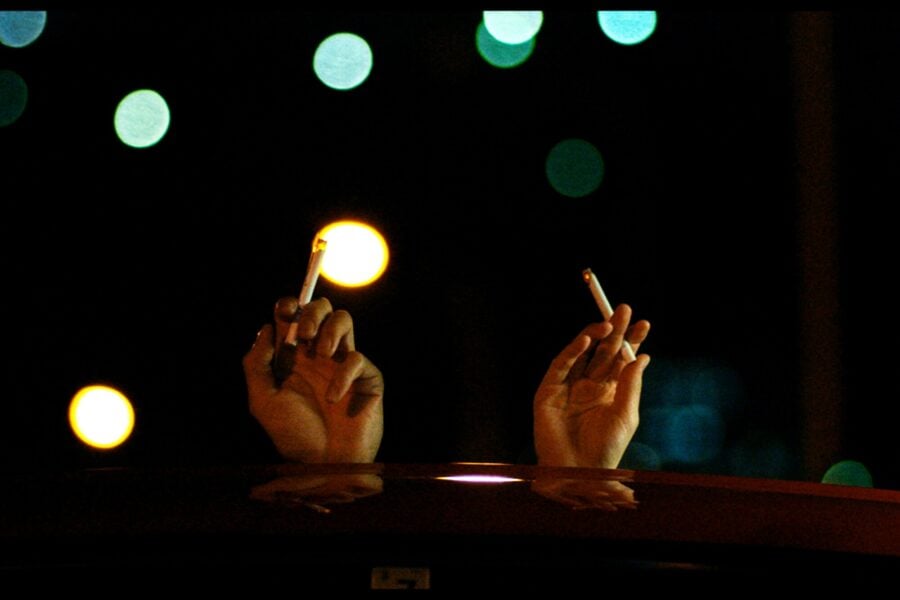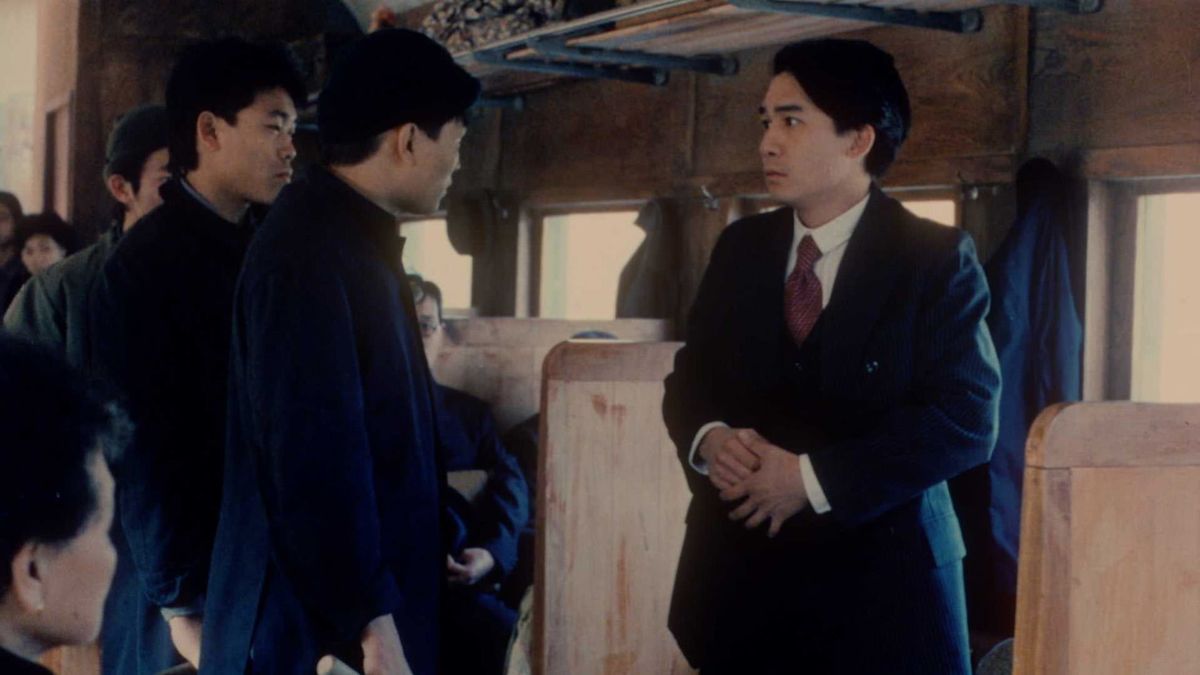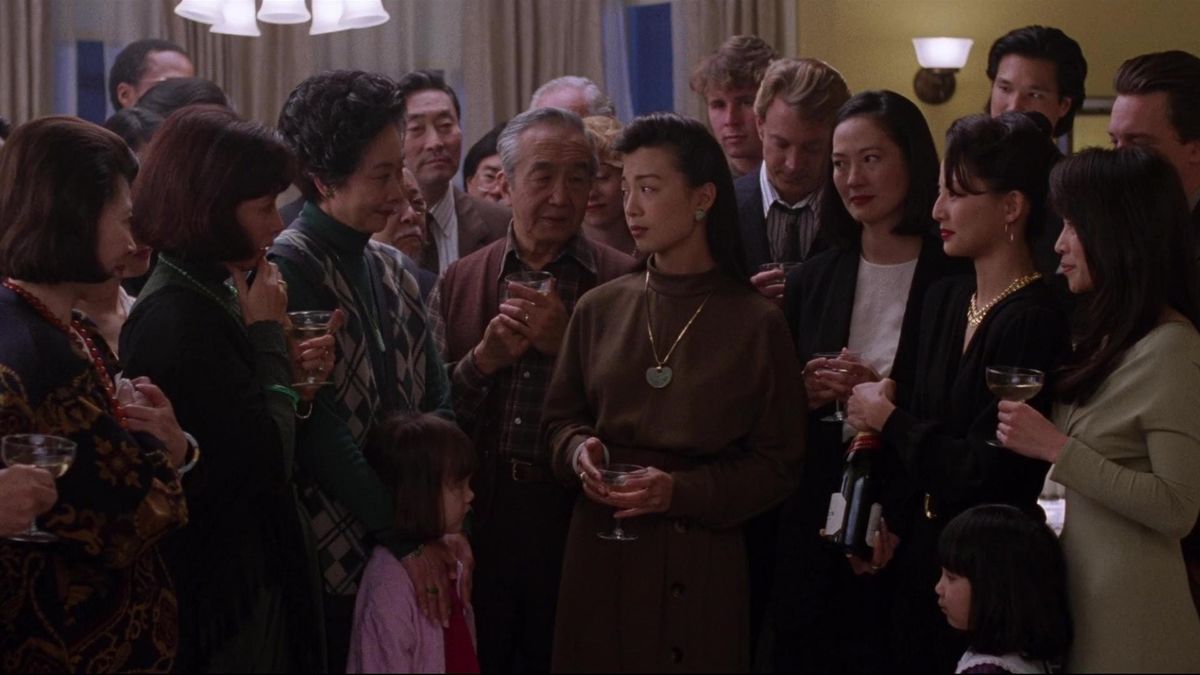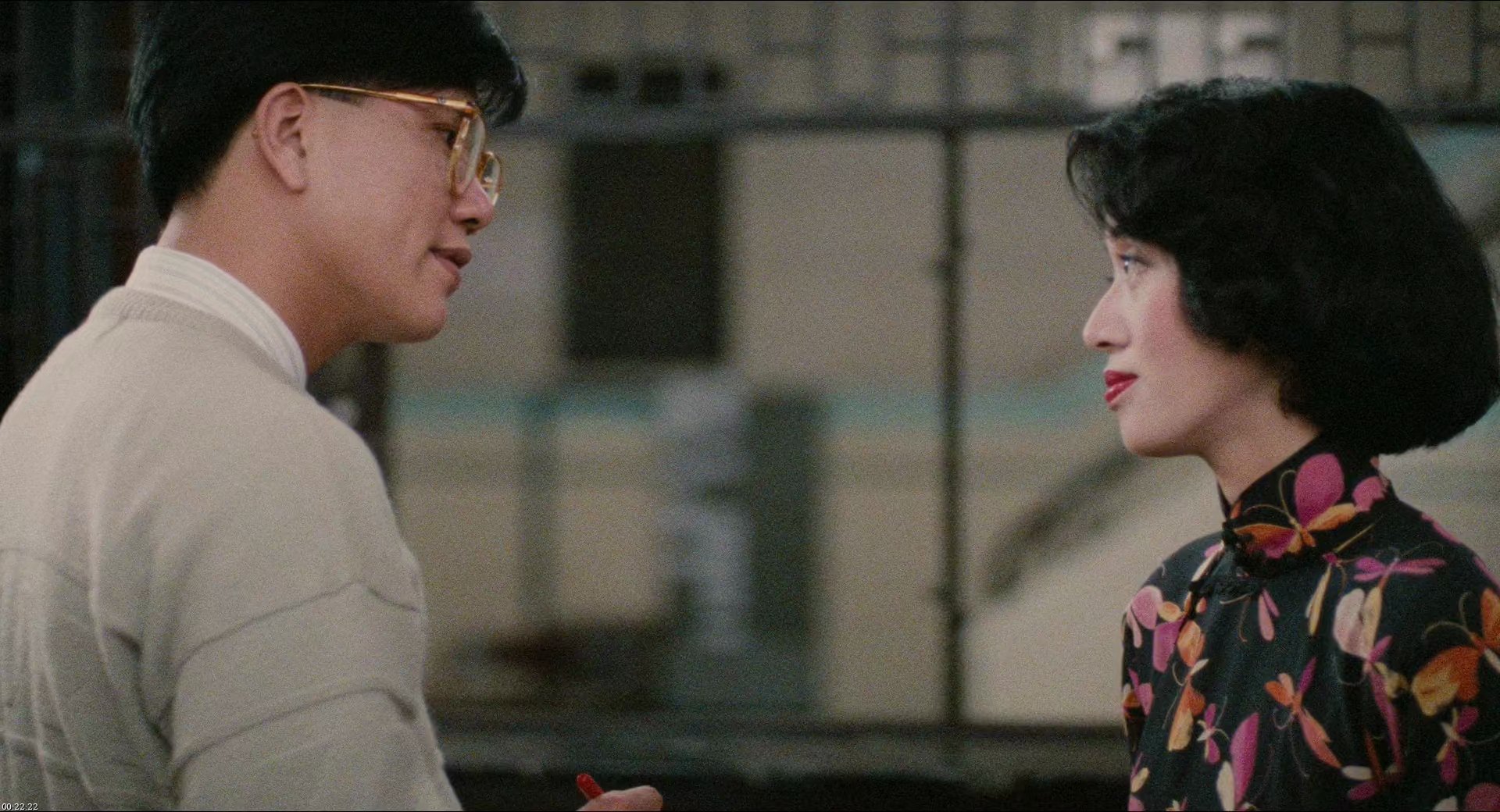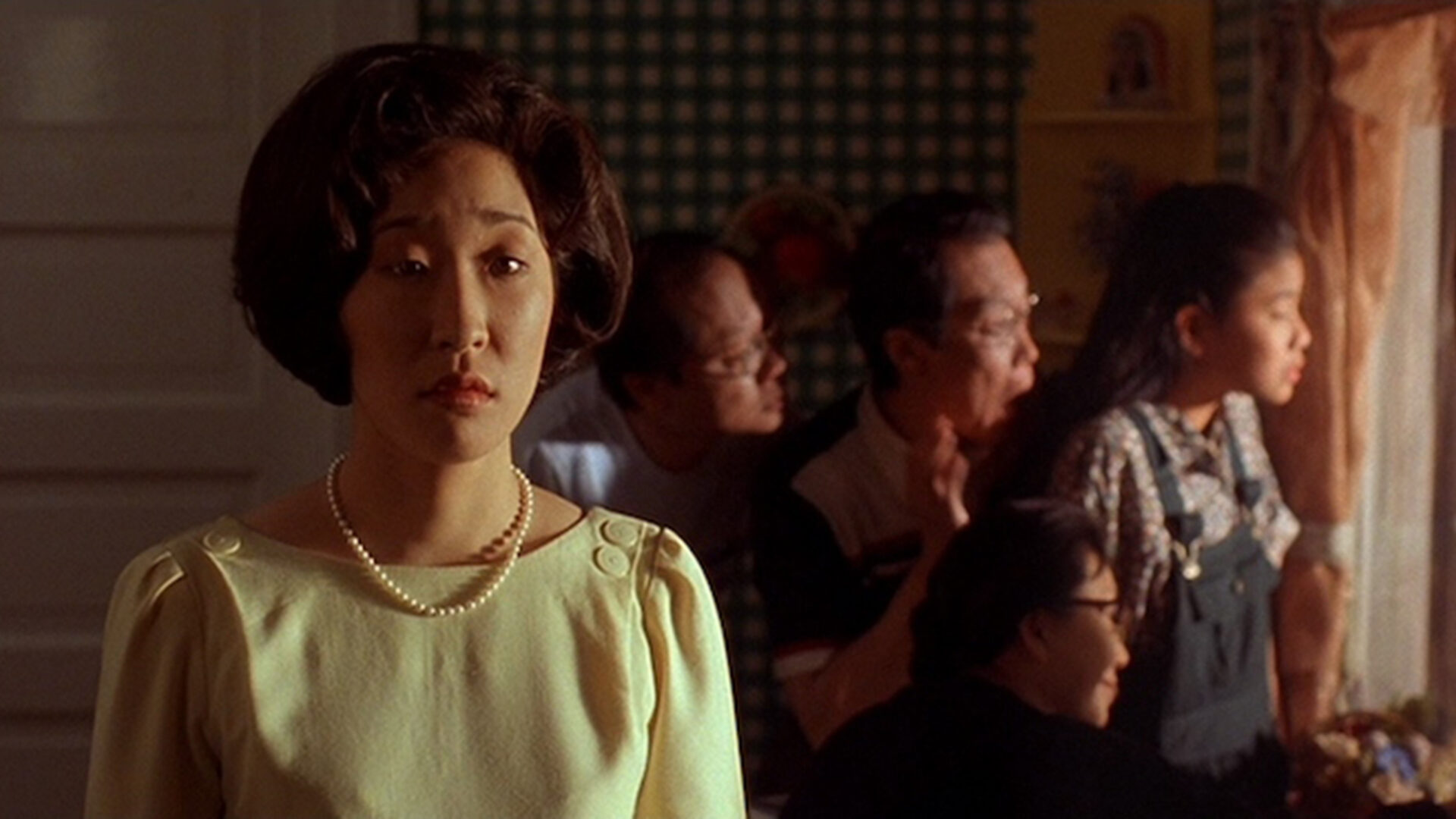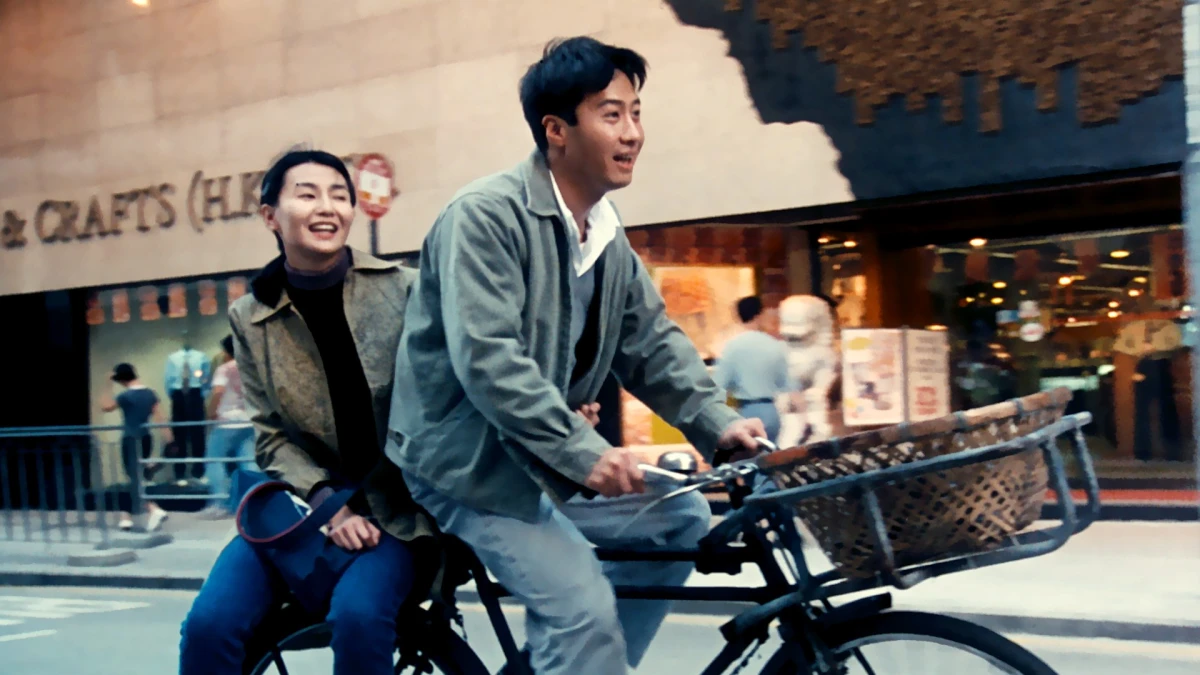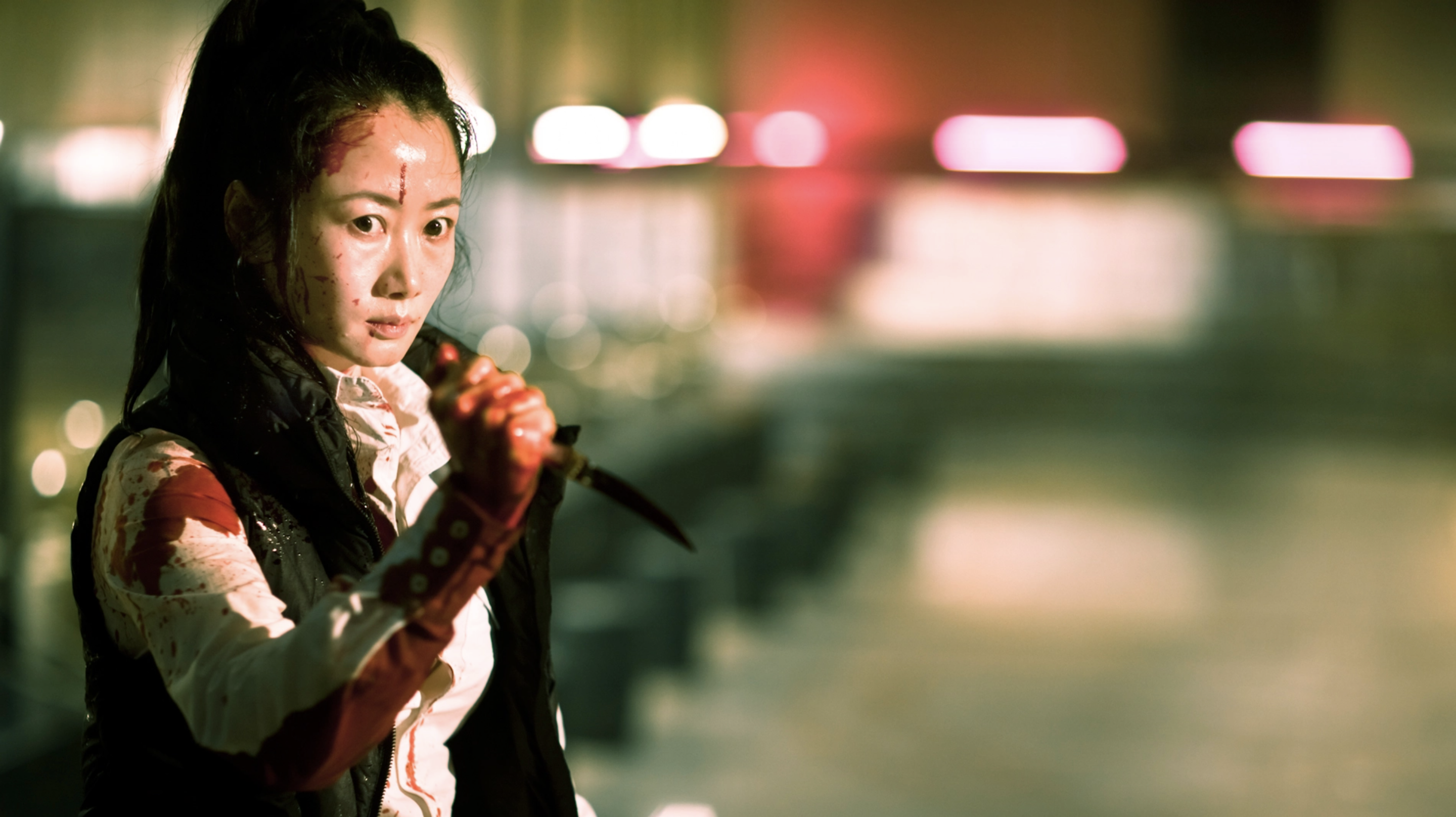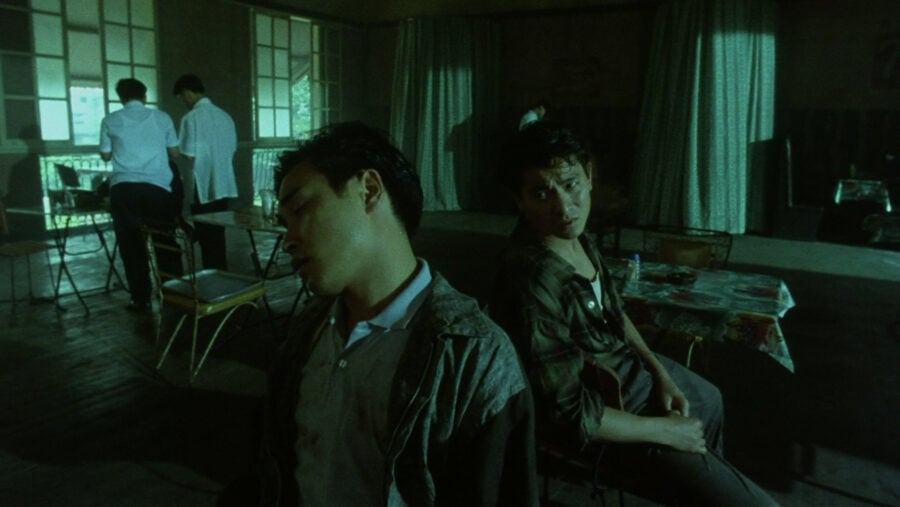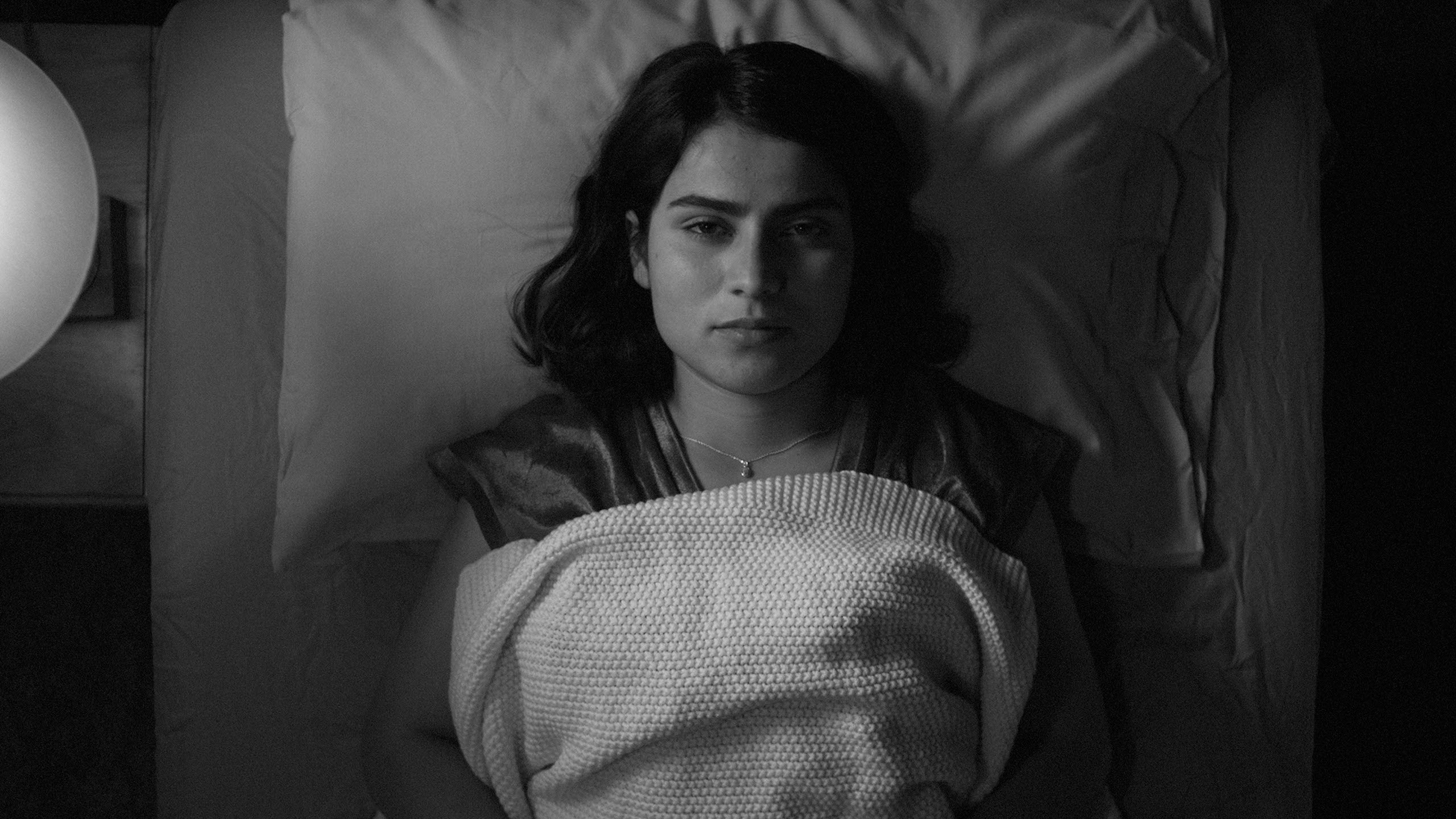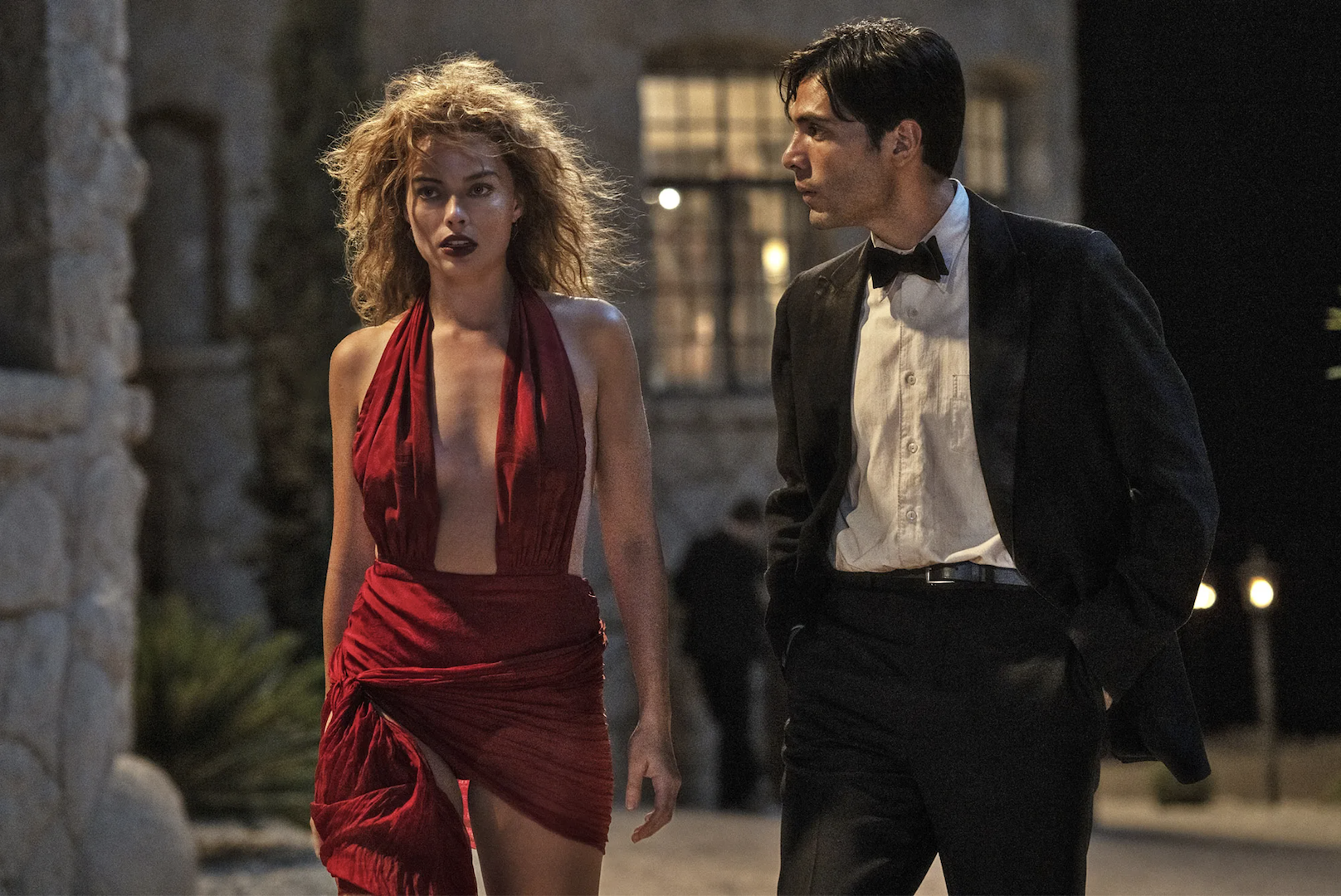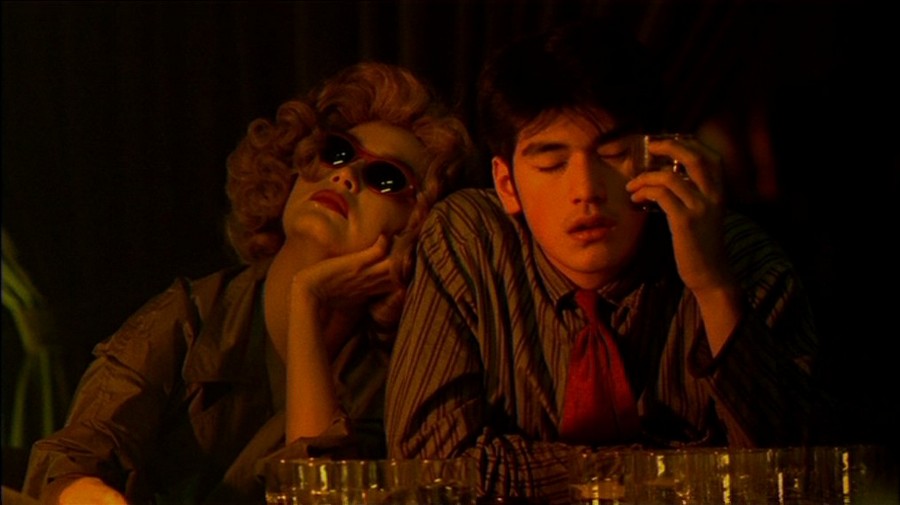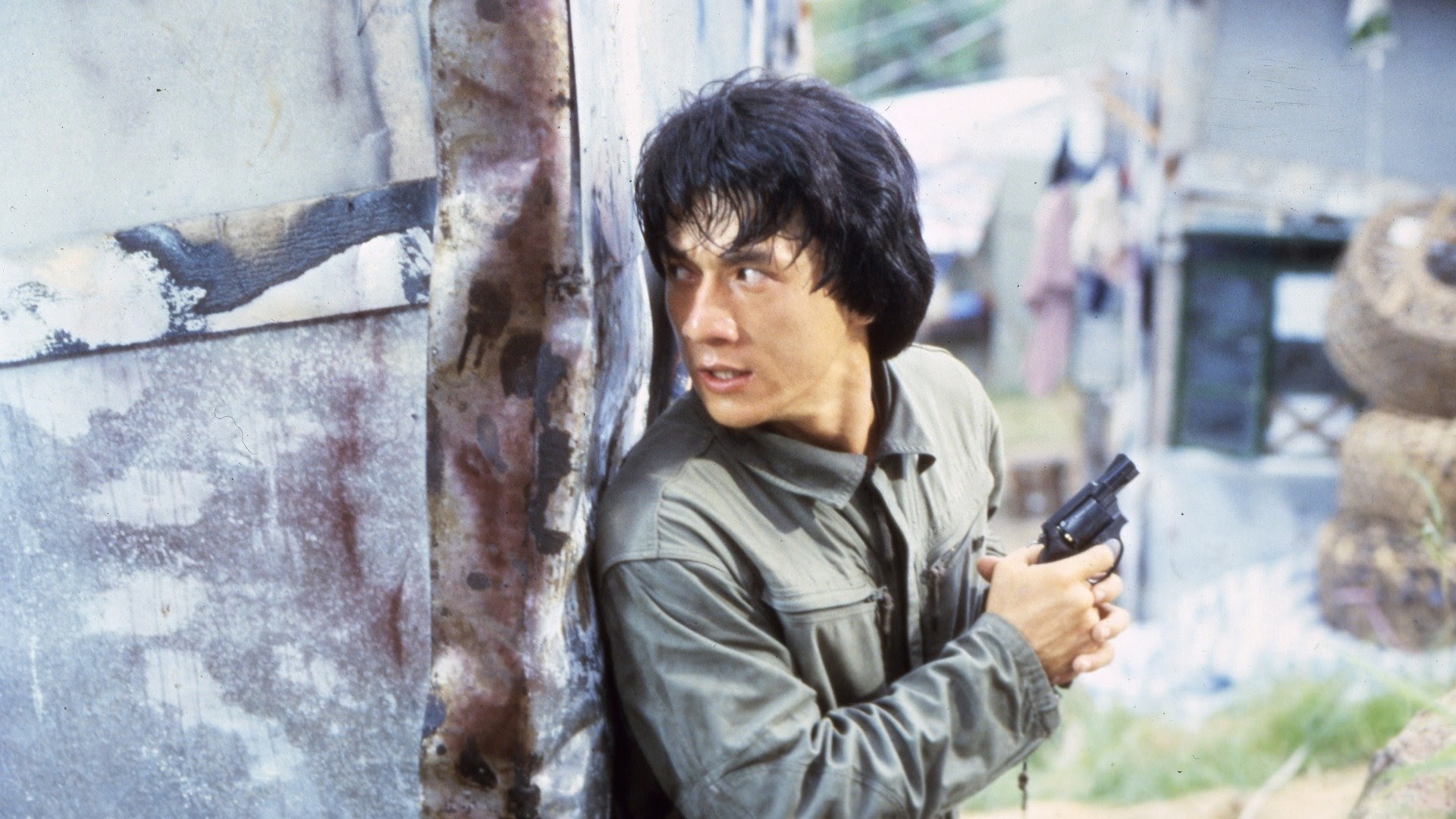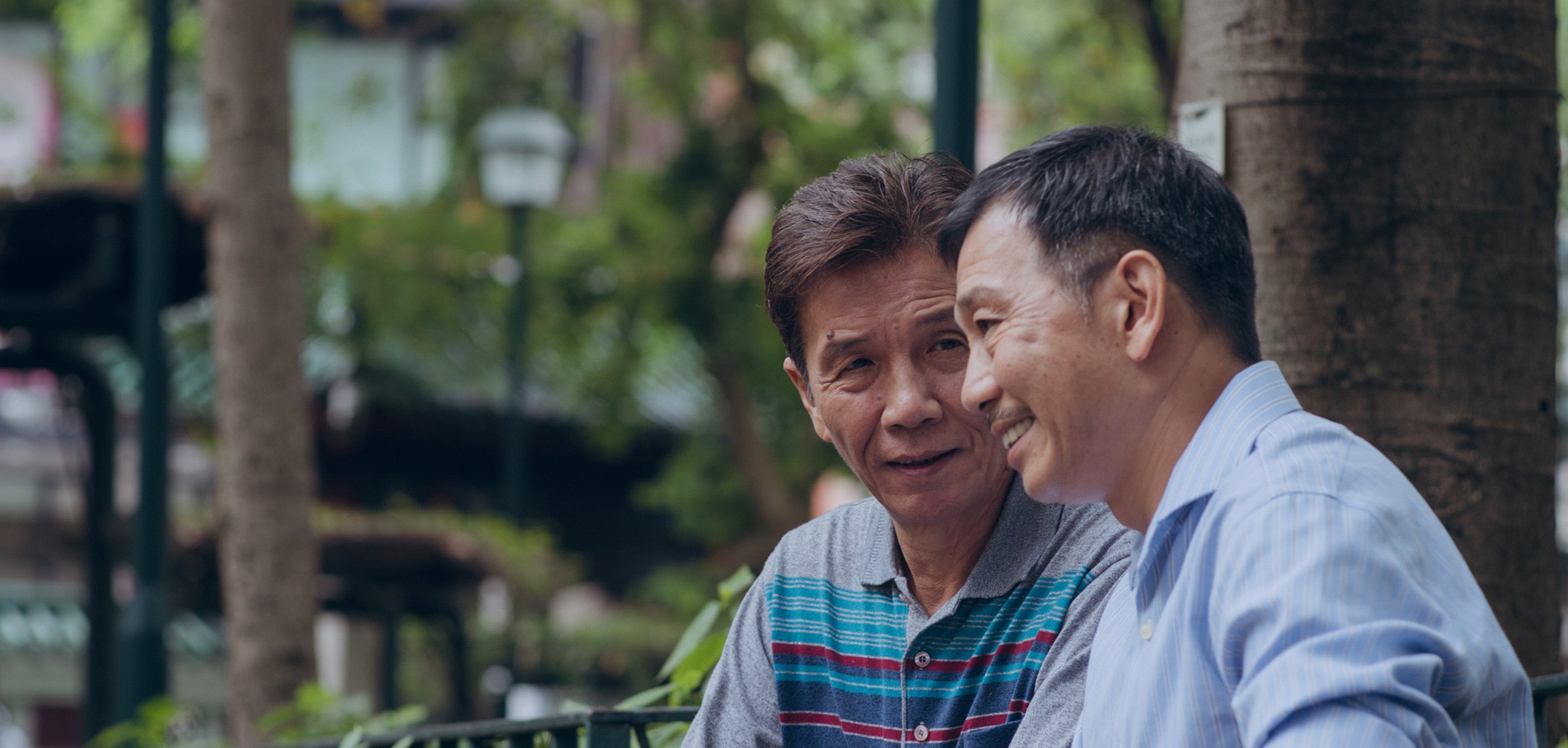Between its maximalist production design and increasingly dark comedic set pieces, the most striking thing about Damien Chazelle's critically misunderstood industry satire is how it strikes a tone closer to tabloid gossip than anything else. As opposed to the clockwork precision of Chazelle's Whiplash, or the dreaminess of La La Land, Babylon's restlessness doesn't resemble Hollywood spectacle so much as it begins to feel like an unscratchable itch, desperate to feel anything. The film ends up trying to say so much that it threatens to say nothing at all, but its vision of cinema becoming reality is so potent that just the experience is more than worth getting lost in.
Genre: Comedy, Drama
Actor: Aaron Oltman, Albert Hammond Jr., Alex Mansour, Alex Reznik, Alexandre Chen, Andrew Hawtrey, Anna Chazelle, Anna Dahl, Anthony Burkhalter, Ariel Flores, Armando Cosio, Avery Baylin, Azizi Donnelly, Benjamin Jacobson, Bob Clendenin, Brad Pitt, Bregje Heinen, Bryan Scott Johnson, Carson Higgins, Chloe Fineman, Chris Doubek, Christopher Allen, Cici Lau, Circus-Szalewski, Cyrus Hobbi, Dana Marcolina, Danny Jolles, David Abed, David Ury, Dean Anderson, Del Atkins, Diego Calva, Dorian Martin, E.E. Bell, Eamon Hunt, Eric Roberts, Ethan Suplee, Evan Greer, Evgeny Tonkha, Flea, Frederick Koehler, Freya Parker, Hansford Prince, Hayley Huntley, J.C. Currais, Jacob Scesney, James Crittenden, James Vincent, James Wellington, Jean Smart, Jeff Garlin, Jennifer Grant, Jeremy Roberts, Jim O'Brien, Jimmy Ortega, Joe Dallesandro, Joey de Leon, John Kerry, John Macey, John Mariano, John Polite, Johnny Britt, Johnny Hoops, Jonathan Ohye, Jonathan Thomson, Jordan Seigel, Jovan Adepo, Kaia Gerber, Karen Bethzabe, Karina Fontes, Karolina Szymczak, Katherine Waterston, Katia Gomez, Kelly Meyer, Kenajuan Bentley, Kevin Symons, Kevin Toney, Kyle Richter, Laura Steinel, Lewis Tan, Li Jun Li, Lukas Haas, Manny Liotta, Marc Platt, Marcos A. Ferraez, Margot Robbie, Mateo Pollock, Mather Zickel, Max Minghella, Michael Naishtut, Mike C. Manning, Miraj Grbić, Mykail McDade, Nana Ghana, Olivia Hamilton, Olivia Wilde, Oscar Balderrama, P. J. Byrne, Pat Skipper, Patrick Fugit, Pete Ploszek, Phoebe Tonkin, Ric Sarabia, Richard Clarke Larsen, Rickey D. Woodard, Robert Beitzel, Robert Morgan, Rory Scovel, Ryan Porter, Samara Weaving, Sarah Ramos, Sean Billings, Sean O'Bryan, Shane Powers, Sidney Hopson, Sol Landerman, Spike Jonze, Taylor Hill, Taylor Nichols, Telvin Griffin, Terry Walters, Tobey Maguire, Todd Giebenhain, Trisha Simmons, Troy Metcalf, Tyler Seiple, Vanessa Bednar, Walker Hare, William Roper
Director: Damien Chazelle
Rating: R

